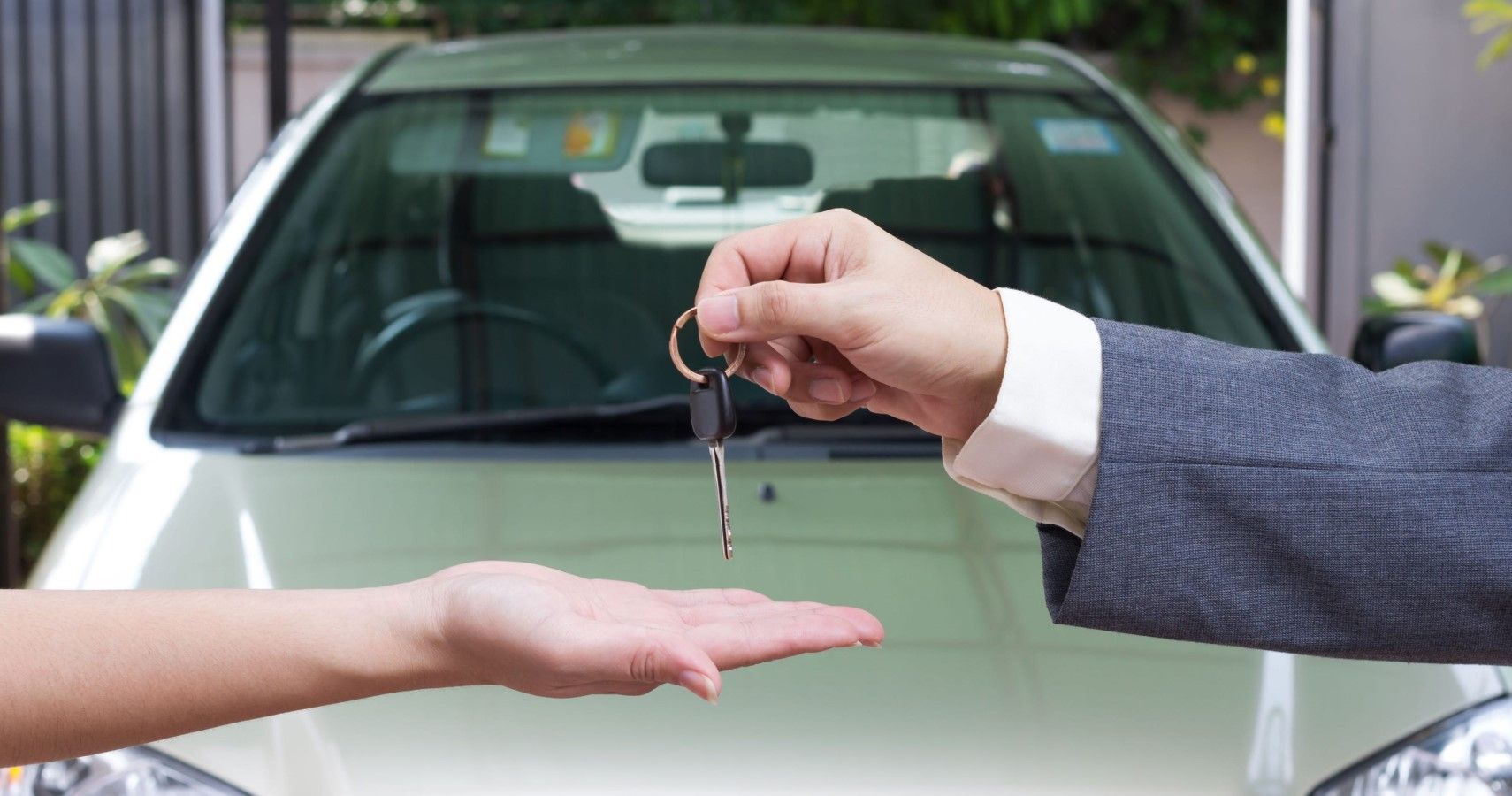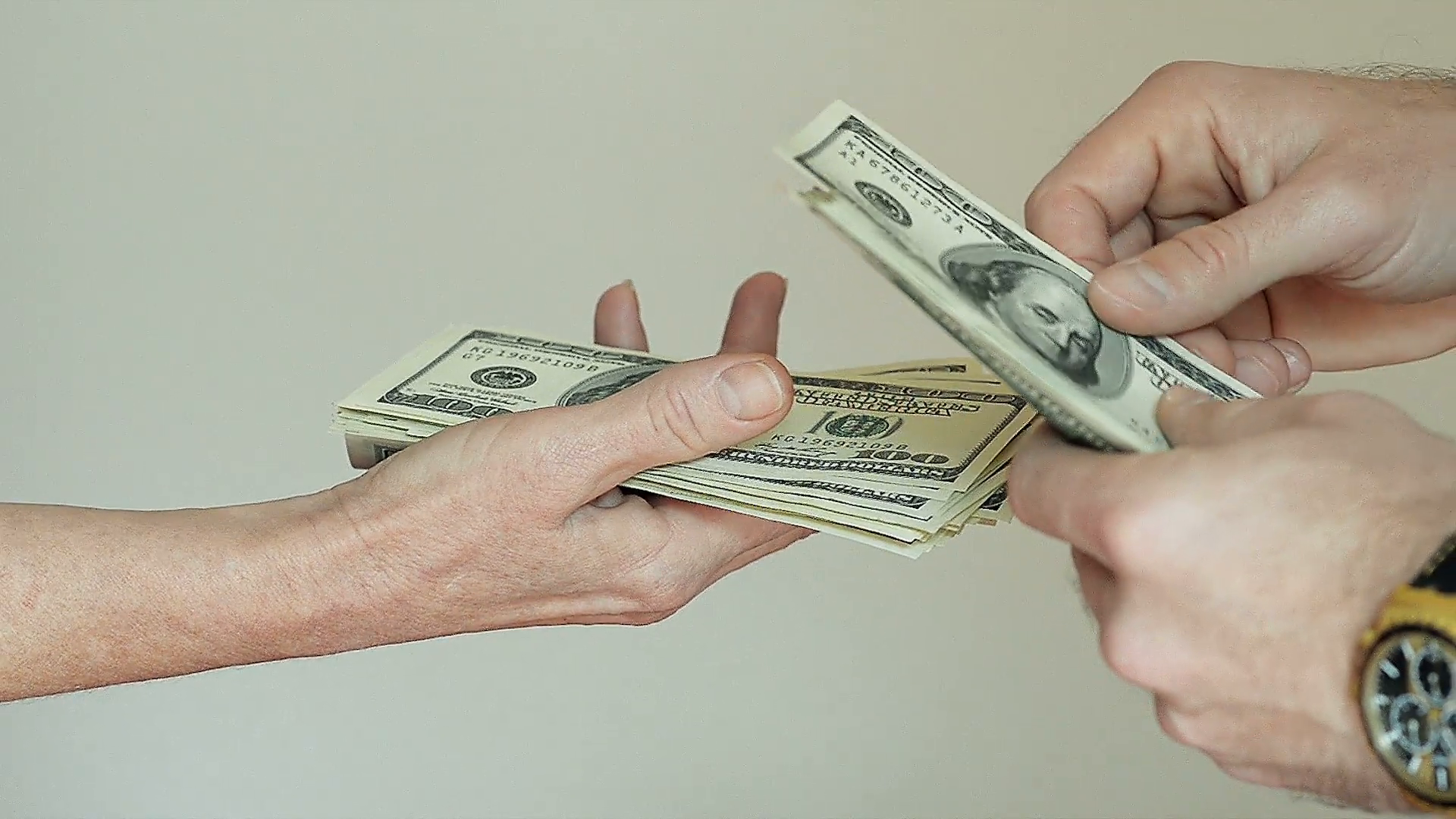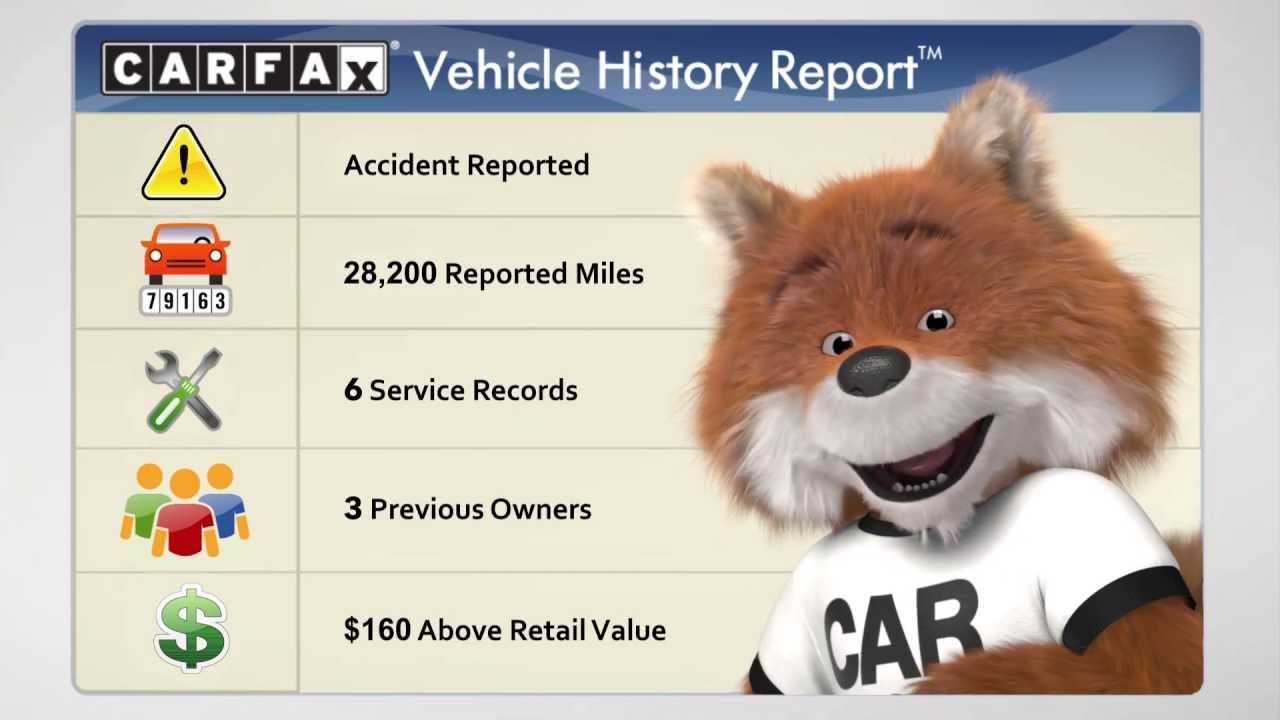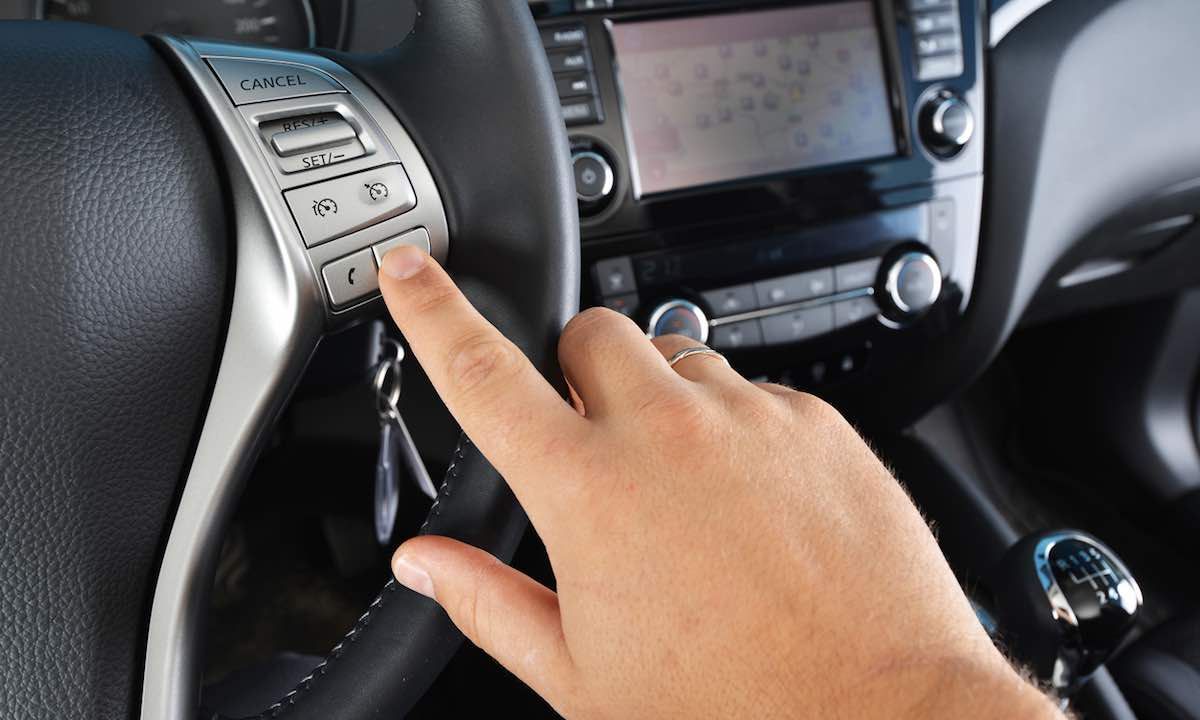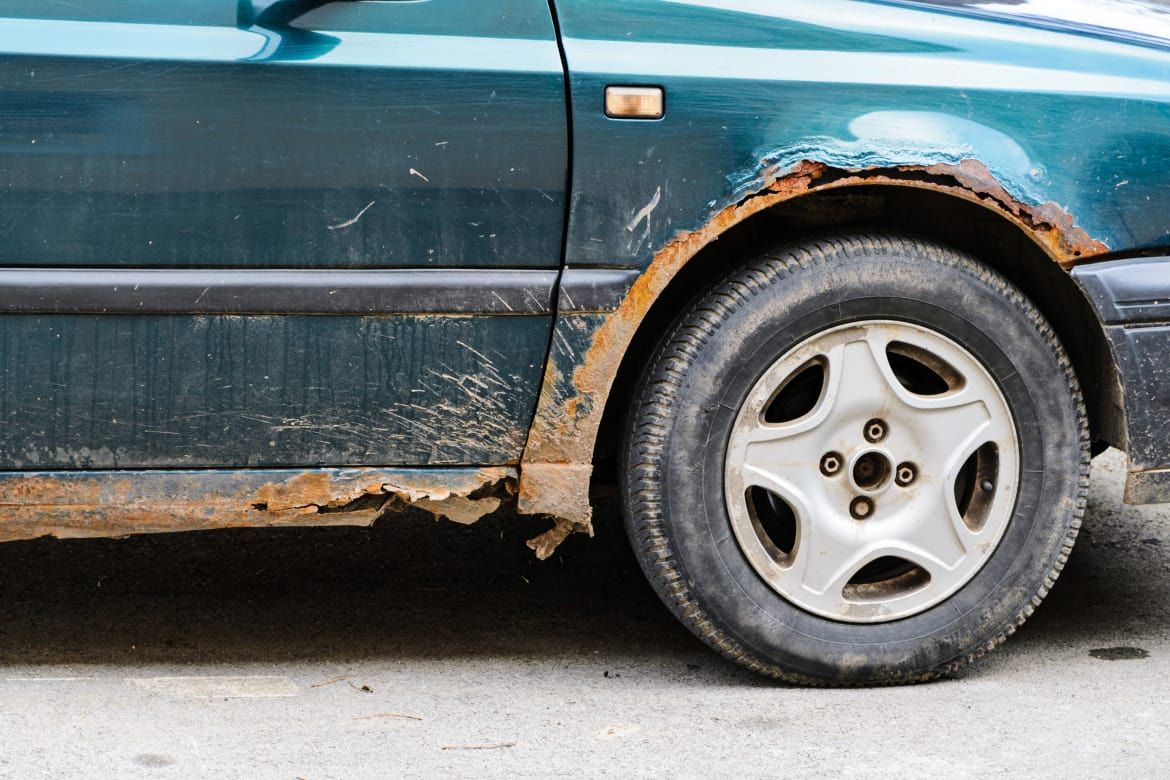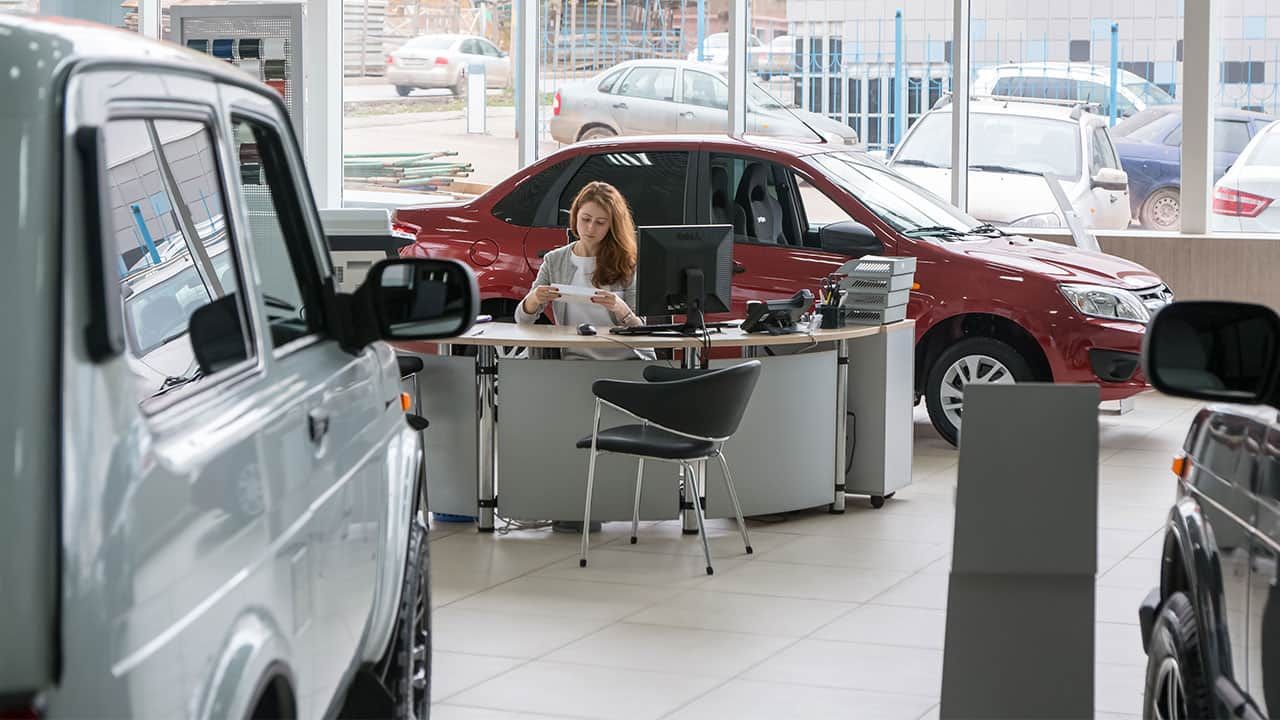Buying a used car for the first time can be a stressful experience. There are so many options for you to choose from, not to mention the salesperson you have to deal with doesn't always make it easier on you. We want to make a decision worthy of an adult, but it can be difficult with so many different factors weighing us down.
Luckily, we have created this list full of tips for anyone looking to buy a used car. These should take some of the hassles out of your purchase and help you avoid any hiccups in your journey. Keep reading to learn about ten tips when buying a used car!
10 10. Try to Pay in Cash
Whether you have good or bad credit, it is always smarter to try and pay it all off in cash. It can be tempting to finance a car, but generally, financing options can become unrealistic if your car is more than four years old.
If you don't have the luxury of paying the entire thing off in one go, you should still try to cut a chunk of it out with a large downpayment. You will save money in the long run, and it will cut down on the stress of having to make large payments every month.
9 9. Check the Vehicle History Report
If you buy a car from a dealer they should have a vehicle history report prepared for you to look at. If you ask for a report, and they refuse to give one to you, then it is a sign you should walk away from the deal.
It is best if the car has not been in any accidents, especially those that damage the frame because a car never truly recovers. If you are buying from a private seller and the report says it has a lien on it, then you should look elsewhere as this means the seller does not have full ownership of the vehicle and no right to sell it.
8 8. Don't Mention Your Trade-In Upfront
It might be tempting to mention you plan on trading in your vehicle, but you should leave this information out until after you negotiate. For example, a dealer is permitted to negotiate a car down to a price of $15,000, but this changes when you mention you have a trade.
The salesperson might say that the total price of the car is $17,000, but they will give you $2,000 for your trade-in. This gives the salesperson a deal, while you just gave away $2,000. You want to win, but you won't be able to unless you play your cards right, and sometimes that means withholding information.
7 7. Understand Your Budget
When you head to the dealership you want to have a set price in mind. This means sitting down and adding up exactly what you can afford at the very most. If you are paying in cash, you want to know how much you are willing to spend, and if you are financing, you should have a number that you can afford each month.
It can be stressful, but it's better to do it before you reach the lot and fall in love with a car that is way out of your price range. You also don't want the salesperson influencing your financial decisions in order to make a sale.
6 6. Always Take it for a Test Drive
You might be tempted to sign the papers and go, but you should always take it for a test drive. It is important so you can get a feel for the vehicle, as well as listen for any suspicious noises.
If you hear anything out of the ordinary you shouldn't go through with the purchase. You can request it is checked by a mechanic if you truly have your heart set on it, but chances are, you are better off looking elsewhere. It might be your dream car, but you don't want to be paying thousands out-of-pocket for expensive repairs.
5 5. Do Your Research
This is a step many used car buyers skip, and it is arguably the most important one. The internet is a great tool and the bane of all car dealerships because it can make or break a sale. There is information on every brand of car that will tell you the problems it is prone too, as well as issues that have been reported by other owners of a certain vehicle.
You should also look at the fuel economy, as well as the average cost of repairs for different types of cars so you can narrow it down to a specific list. There are also certain sites that will tell you what a dealership should be charging you, so you are prepared when it comes time to negotiate.
4 4. Forget the Add-Ons
It might be nice to have heated seats, a moonroof, and a backup camera, but these additional features can really add up. When you request a car with a boatload of extras, the price can skyrocket tremendously.
You could be paying thousands more for something that might only cost you a few hundred dollars to install with a private company. If you plan on financing the car, the amount you pay for these extras can skyrocket as interest is tacked onto your purchase. All of the bells and whistles might be nice, but you have to ask yourself if they are really worth it.
3 3. Check for Rust and Unreported Damage
The car might look nice from a distance, but you should always do a thorough examination of the frame of a used car. Many times, people will perform their own repairs to fix damage from an accident, but the accident might not be on the vehicle report. You can generally see these imperfections in the paint, but it takes a keen eye to spot them.
If you plan on buying a truck, it is always recommended you check the undercarriage, as the frames are known to rust away. If you see a large amount of rust under any vehicle, it might be a good idea to turn away and look at something else.
2 2. Learn How to Negotiate
A car might be a little out of your price range, but thats where a solid negotiation tactic comes in to play. A salesperson is usually paid on commission, which means their goal is to take as much of your money as possible when making a sale. You can't let them hound you or talk you into purchasing a vehicle out of your budget.
The salesperson should never be put in charge, rather, you as the customer should have all of the power. Often people forget that they are the ones in control, and after a slight negotiation where they shave off only a few hundred bucks, the customer gives in. You need to pull out your adulting shoes and not be afraid to walk away in hopes of a better deal.
1 1. Always Get the Title Before Driving it Off the Lot
This applies more to private sellers or shadier dealerships because they are the ones prone to pulling this trick. You always want to walk out of the dealership with a title in hand, or at least the title in your name if you are financing.
There are times when the car has a lien on it, so the dealership or owner does not have full ownership of the vehicle. You don't want them to pull a fast one on you, so double check that everything is signed over to you before driving away to avoid a legal mistake.

